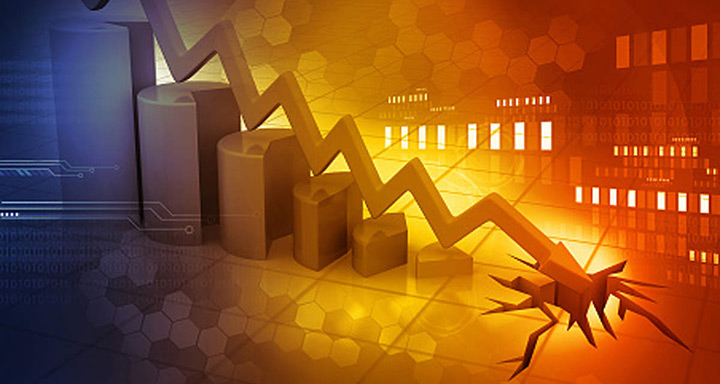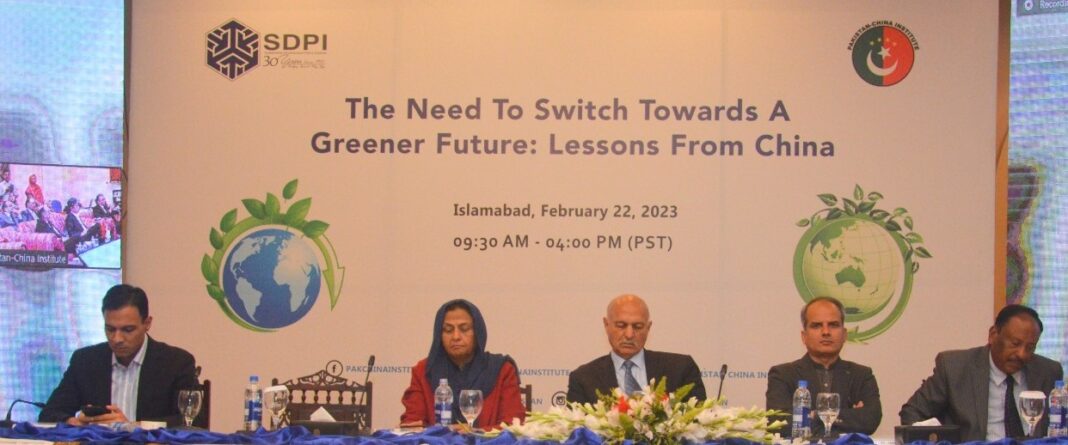By: Asem Mustafa
Strengthening the dwindling economy Prime Minister Shehbaz Sharif has stressed the need to expand exports and reduce imports.
Prime Minister invited Netherlands and Kenya to invest in the agriculture and livestock sector. PM has been striving hard to get a grip on the economy but his efforts have been futile so far. The latest development from Faisalabad is that industrialists have given a seven-day ultimatum to the government to withdraw the increase in electricity and gas prices besides lifting the ban from opening LC’s (Letter of Credit).
The industry is faced with a plethora of problems and if the government doesn’t take immediate action the remaining mills will also face closure.
Since April 2022, Pakistan is in grip of political instability and this has resulted in all financial activities going in a nosedive. The rate of inflation which was up to 9 percent has now reached 40 percent.
Dollar and petrol prices have increased considerably and that is over 50 percent affecting the entire nation, particularly the commoner. The raise in electricity and gas prices also made a disastrous impact on industries dealing with exports.
Ninety percent of the mills in Faisalabad, the major industrial center of the country, have closed down and seven million workers have become unemployed. The situation of unemployment in Karachi, Lahore, Peshawar, Hyderabad, Quetta, Gujranwala, Rawalpindi and Multan is also not different. The textile industry was making record profits during the Pakistan Tehreek-e-Insaaf era.
Pakistan was getting maximum export orders in the region and as soon as the PDM government took over after Imran Khan’s ouster, the economy started to decline.
The major obstacle to exports is government itself, with import tariff rates and limited access to export markets, which discourage exporters added with facilitation and finding new markets and securing the contracts. Shortage of skilled labour, energy crisis, institutional rigidities, market imperfections, and limited infrastructure are some of the main hurdles to achieving the required targets.
Stagnation in export volumes has been a constant concern for Pakistan’s economy. Pakistan can generate substantial revenue from agricultural products, textiles, leather, sports goods and IT exports, but declining global market share, and disappointing export performance has repeatedly challenged sustainability.
Pakistan rarely enjoys economic growth. Recessions in advanced economies and changes in tax regulations have put Pakistani exporters in trouble and the world is now emphasizing on transparency in commercial matters.
Pakistan’s inability to export at its potential reflects primarily structural and institutional constraints.
Kenya and Netherland are approached to invest and that can benefit Pakistan but it is not immediate for getting prompt response Pakistan can make arrangements for export meat to China.
Kenya is the largest exporter of tea to Pakistan accounting for more than 80 per cent of the total exports. The Netherlands earns sixty billion dollars annually from the export of flowers. There are lessons in these success stories. As regards China there is a market of fifty billion dollars worth of meat from Pakistan, which is achievable in the presence of vast pastures and agricultural infrastructure of the country.
Pakistan has all the resources but it should act wisely before going on killing the golden goose.






